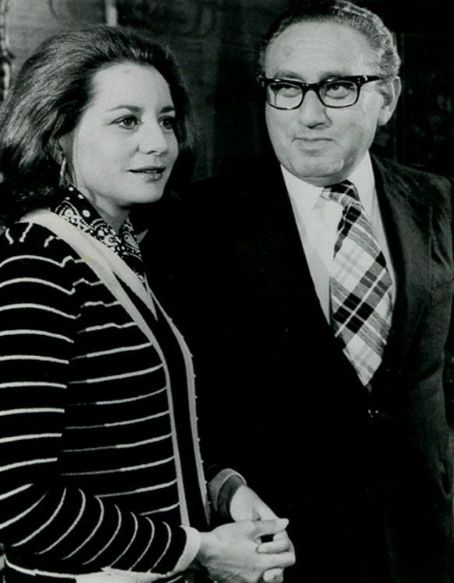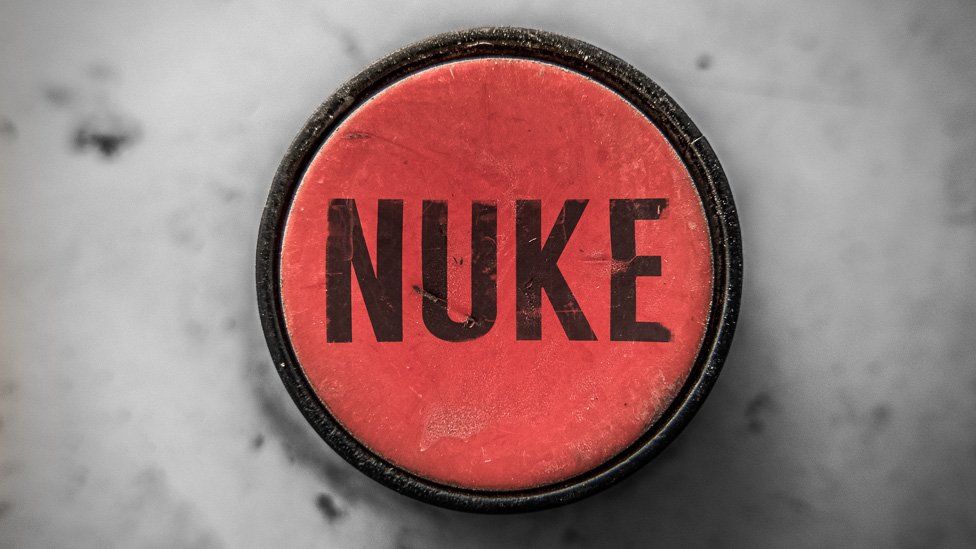Here js a brief article that, IMHO, ought to be read by all pastors, and any others who help folks make decisions surrounding the death of a loved one. That includes virtually all of us, sooner or later, so this is a matter that ought to be dealt with as part of a church's teaching. This article touches on a number of points that ought to be further explored and discussed.
https://www.thegospelcoalition.org/article/cremation-burial-choice/
I encourage you to read the article rather than merely my thoughts about it, but to encourage a conversation, I offer the following:
- Justin Dillehay, a Baptist pastor from Tennessee, does a pretty good job of staying in the road on this tough issue. He avoids the extreme of saying what we do with our dead doesn't matter (for the record, I agree with him. I think it does matter). He maintains that for a long time, standard Western burial practice was referred to as "Christian burial," and that this means something.
He also refrains from adopting a legalistic tone. "[I]t’s not that cremation is a violation of a direct biblical command." "[T]here’s no moral prohibition on cremation in the Bible." - There is no doubt that Dillahay, comes down on the side of maintaining "Christian burial" as the norm for God's people. In doing so, he in no way--that I could see anyhow--drifts into the clearly heretical notion that what we do with the departed loved one's body has any impact on that loved one's eternal state. Though he does make the case for burial, he refrains from saying that cremation is devoid of at least reasonable justification.
- One reasonable justification is cost. At least twice in the article, Dillehay mentions this. He even implies, if not flat-out says, that churches ought to be of some help in this regard.
- While Dillehay does not frame it in these words, his article brings out two important facts about sound Theology: 1) A sound Theology is integrated. Every point of Theology touches on every other point of Theology. Dillehay raises the question, without answering it, as to whether humans are ensouled bodies or embodied souls. I'm not sure those binary choices are adequate, but this is a short article. That touches on the intermediate state of the dead and the nature of the resurrection and my second observation about the A sound Theology, 2) Sound Theology leads to right practice. One flows from the other.
- Dillehay rightly criticizes the "empty shell" descriptions that are often used to describe death, especially in explaining death to children. Yet, he also refers to scriptures that speak of the separation of body and soul. One has to dig deeper on this.
- While Dillehay speaks of the reality of the financial difference between burial and cremation, he doesn't pursue it much. Actually, that might have strengthened his case. (See below) Given the popular impression that people have about the financial difference between cremation and burial, the financial considerations are huge, bigger than the article admits. (More below)
- As Pastor Dillehay indicates this is a question that is worth pursuing. Four times in my career it loomed large for me.
Funerals (and burials) are for the living. Dillehay is right. What we do with the body of a loved one (and what we request be done with our own remains) does say something.
Fairly early in my pastoral career, a dear saint, someone I look forward to seeing in heaven, died. There were essentially no resources for a funeral, etc. The oldest son, in a very cavalier manner, declared that they would cremate the remains and go on with life. Probably stepping over a line--if not several--I declared that this son might do that to his father, but I wasn't going to allow that to happen to my friend. This man was a loved part of my church and someone who had lived in my home while he recovered from a serious health issue. Even though this was fifty years ago, when cremation was much less socially acceptable, my decision was not that cremation was absolutely wrong. Rather, it came from a conviction that what this son was saying about the worth of his father was definitely wrong. My church stepped up, and while I don't remember the details, my friend was properly honored and buried (not saying he couldn't have been properly honored had his body been cremated).
Several years ago my wife and I served as missionaries on two different islands half a world away. What my wife would have done had I died "out there," or what I would have done had she died out there obviously remains an unknown. I told my wife, "If I die while we are out here, my recommendation is to have my body cremated. That way you carry my remains back home in a suitcase." Since then I've been told that is technically illegal, though it is often done. Transporting a body by air is quite expensive.
The other two experiences have to do with my Mother-in-law and my Mom. Both of these dear Christian ladies died as widows, away from the place where they and the rest of the family wanted them to be buried. Burial was the family consensus in both cases. I knew enough to know that the cost difference between cremation and burial consists not so much in the actual cost of the two procedures but in the cost of the "services" associated with "Christian burial." In both cases, family members transported the body from one state to another themselves. This was done legally and respectfully. Both were buried in inexpensive containers, the industry equivalent of a "plain pine casket." For each, a graveside service was conducted for only close friends and family, while a memorial service sans the body, and a time of visitation, was held at their respective churches. The casket was draped with a cloth out of respect not only for the deceased but for the mourners. At the visitation and memorial service, a picture was in place of the usual casket and body. All was handled with full respect. In fact, concerning one of these women who was known for her thrift in life, the fact that she was buried economically was an honor to her memory. The bottom line was there was little difference in the cost of the burial and what the cost of a cremation would have been.
In other words, I would say that in addition to the Theological considerations, creative economic alternatives to typical funeral home procedures ought to be explored.


